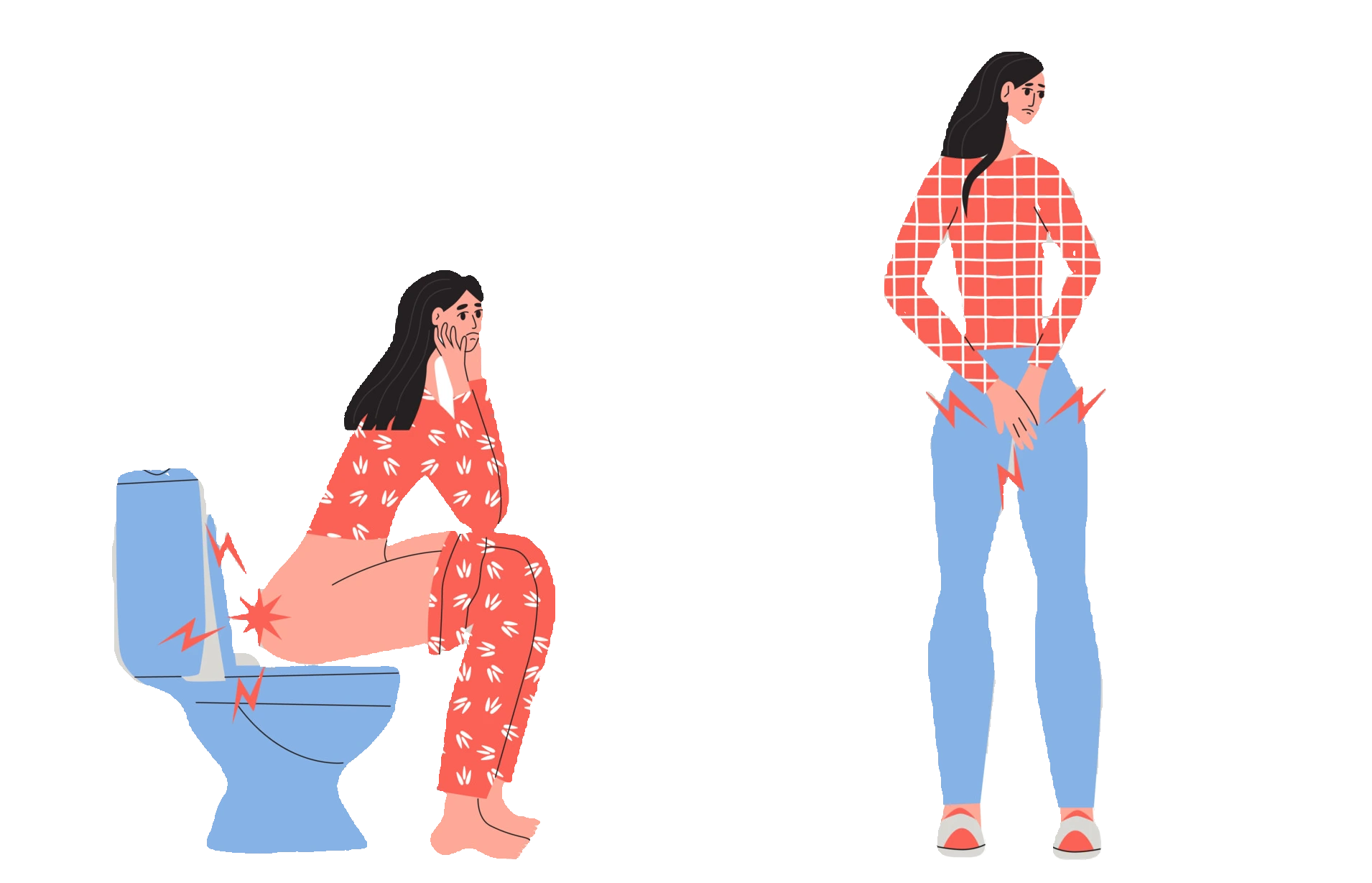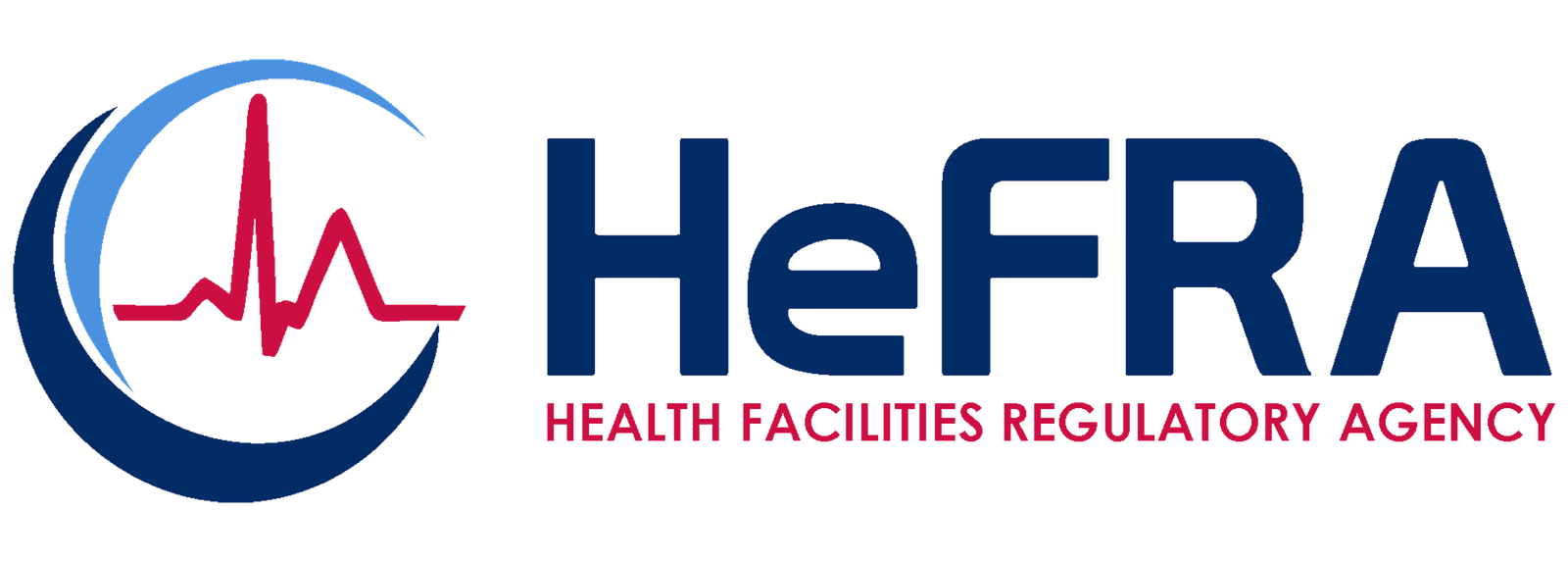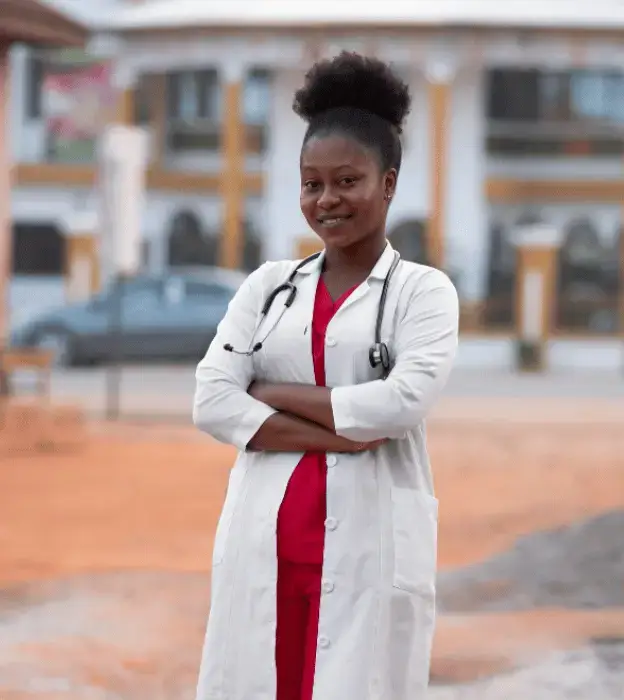
Kooko Crisis? Your Step-by-Step Guide to Relief and Recovery 😖😢
A Simple Guide to Piles (KooKo) for Ghanaians
Piles, also called hemorrhoids, are swollen veins found in or around the anus. In Ghana, people call this condition “kooko.” Piles can be painful or uncomfortable, but understanding their causes, symptoms, and treatments can help you manage them well [1][2].
Image: Piles can be painful or uncomfortable
1. What Are Piles?
Piles are swollen blood vessels inside or around the anus.
- Internal piles: inside the anus, may bleed but cause little pain.
- External piles: outside the anus, can cause pain, swelling, and itching [2][3].
❌ Myths like “piles in the head” or “piles on the face” are false. Piles occur only in the anal area.
Image: Constipation
Image: Long hours of sitting
Image: Pregnancy
2. What Causes Piles?
- Constipation: Straining to pass stool puts pressure on anal veins [1].
- Pregnancy and childbirth: Hormonal changes and pressure from the baby can lead to piles [3].
- Sitting too long: Drivers, office workers, and others who sit for hours are at higher risk.
- Poor diet: Low-fibre foods, too little water, and alcohol worsen constipation.
- Family history and age: Risk increases if relatives have piles or as you get older.
Image: Bleeding
3. Symptoms of Piles
- Itching or irritation around the anus
- Pain during stool passage
- Swelling or lump around the anus
- Bright red blood on toilet paper or in stool
- Mucus discharge
- Feeling of pressure in the lower back (sometimes reported by patients) [2][4]
Image: Bleeding leads to anaemia
4. Are Piles Dangerous?
- Usually not life-threatening.
- Complications include anemia from blood loss or rectal prolapse (rectum sticking out).
- Piles do not cause infertility or affect “manhood.”
- They also don’t cause problems with the eyes [3][4].
Image: Pain relievers, stool softeners, venotonic drug
5. Treatments
A. Medical Treatments
- Tablets & capsules: Pain relievers, stool softeners, venotonic drugs like Phlebodia.
- Local examples: Adom Koo capsules, Taabea capsules. ⚠️ Some report relief, but scientific proof is limited—consult a doctor first [5].
- Creams & ointments: Anusol, Joy ointment, and hydrocortisone-based creams help reduce swelling.
- Suppositories or gels: Soothe and shrink internal piles.
- Surgery: For severe piles, doctors may do banding, sclerotherapy, or surgery (hemorrhoidectomy) [1][2].
Image: Herbal remedies
B. Natural & Home Remedies
- High-fibre diet: Eat kontomire, carrots, beans, cabbage, oranges, and whole grains.
- Sitz bath: Sitting in warm water for 10–15 minutes daily reduces pain and swelling.
- Aloe vera & coconut oil: May soothe irritation.
- Herbal products: Some Ghanaians use Lucky herbal products or Kooko herbs. Consult a health worker before use to avoid harm [5].
Image: Frequency asked questions
6. FAQs
- Can piles cause waist pain? → Yes, discomfort and straining can radiate pain to the waist.
- Can piles kill? → Rarely, unless there is severe bleeding or untreated complications.
- Can piles prevent pregnancy? → No direct link, though severe cases affect well-being.
- Can alcohol worsen piles? → Yes, alcohol can dehydrate and worsen constipation [3].
- What are “skin piles”? → Healed external piles may leave small harmless skin tags.
Image: Drink more water
7. Prevention Tips
- Eat more fibre (vegetables, fruits, beans, whole grains).
- Drink 6–8 glasses of water daily.
- Exercise regularly (brisk walking, jogging).
- Avoid sitting for long periods—take breaks.
- Use the toilet when you feel the urge—don’t delay.
- Limit alcohol and spicy, processed foods [1][4].
Image: Talk to a doctor privately
8. Conclusion
Piles are common in Ghana. They may not be deadly, but they cause pain, bleeding, and stress if untreated. With good diet, hydration, exercise, and safe medication, you can manage or prevent piles. If symptoms persist, always seek help from a doctor or pharmacist instead of relying only on unproven remedies.
References
- Ghana Health Service (2021). Guidelines for Digestive Health in Primary Care. Accra: GHS.
- Korle Bu Teaching Hospital – Surgery Dept (2022). Annual Report on Hemorrhoid Cases.
- Komfo Anokye Teaching Hospital (2023). Colorectal Disease Review. Kumasi: KATH.
- World Health Organization (2023). Hemorrhoids and Digestive Health Factsheet. Retrieved from: www.who.int
- Pharmaceutical Society of Ghana (2021). Public Advisory on Herbal and Over-the-Counter Treatments for Piles.

We Love to Educate for Free
But please do not self-medicate as wrong doses of even correct medications can cause serious complications like kidney failure and even death. You can talk to a LICENSED health professional (including medical doctors, specialists, physician assistants, clinical psychologists, nutritionists/dieticians, medical herbalists, etc) by downloading the Deluxe Hospital app here:










